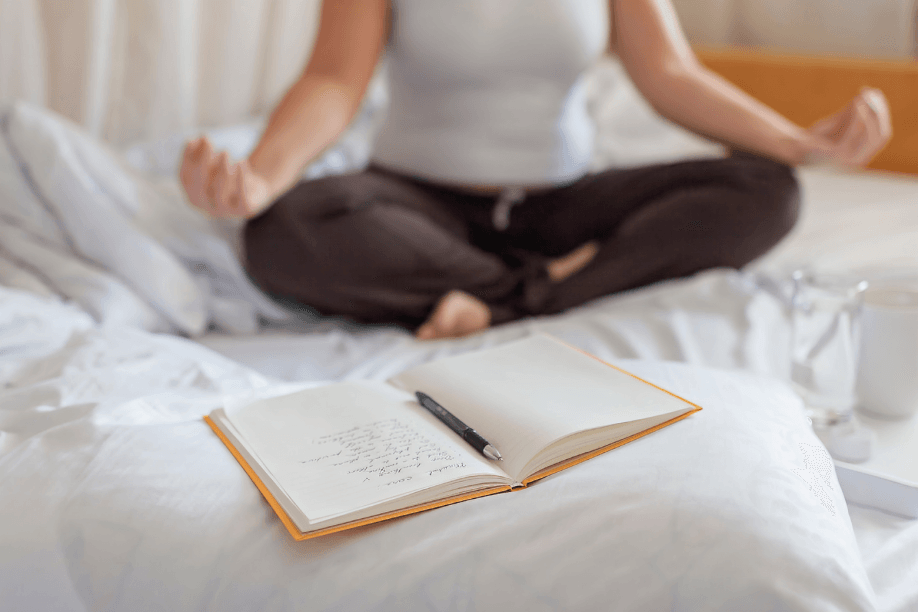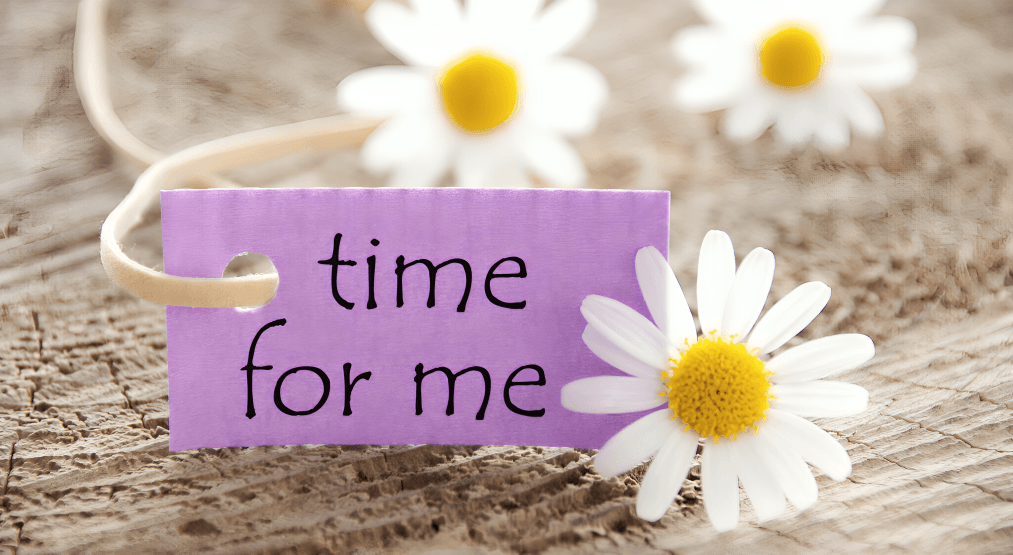
“
Understanding the importance of self-care & "me time" is essential in today's fast-paced world. Making time to recharge mentally, emotionally, and physically can significantly boost personal happiness and productivity. Prioritizing the importance of self-care & "me time" fosters better relationships, reduces burnout, and nurtures self-love—vital for leading a balanced and fulfilling life.1
1
”
Setting aside personal time helps recharge your emotional batteries, lowers stress levels, and refreshes your mindset, making it easier to handle daily challenges with clarity and a positive attitude. 1
Making space for yourself allows your thoughts to settle, helps you reflect on your emotions, and promotes a deeper understanding of your needs, leading to long-term emotional well-being. 2

Consistent self-care routines, like walking, meditating, or journaling, support both your mental clarity and physical stamina by keeping your stress levels manageable and your body in better overall health.
Even short periods of solitude can improve concentration, reset mental fatigue, and build inner strength by helping your brain take a break from constant demands, decisions, and social pressures. 3
Giving yourself uninterrupted time boosts creativity and imagination by allowing your thoughts to wander freely, without judgment or pressure, which can lead to inspiring ideas or refreshing solutions. 4
Taking “me time” allows you to pause, disconnect, and recharge emotionally, improving your mood, energy, and interactions with others by helping you feel more centered and self-aware. 5
Philosopher Aristotle emphasized self-reflection as the key to wisdom. True fulfillment, he noted, arises when individuals regularly pause, nurture their inner world, and align daily actions with purposeful living. 6
Practicing self-care consistently can boost your self-worth and confidence by reinforcing the message that your needs matter and that you deserve the same care you offer to others. 7
Spending time alone gives your mind space to process thoughts, gain perspective, and build emotional clarity, helping you avoid overwhelm and maintain inner peace in demanding situations. 8
Daily rituals like deep breathing or sipping tea mindfully can calm the nervous system, lower blood pressure, and restore your emotional equilibrium more effectively than constant multitasking. 9

“Me time” fosters independence and helps you listen more closely to your inner voice, rather than getting lost in the expectations or demands of others around you.
Engaging in hobbies or relaxing alone increases life satisfaction by bringing joy, fulfillment, and meaning to your everyday routine, which improves your emotional state and motivation levels. 10
Time invested in personal care helps you recover from emotional exhaustion, reduces anxiety, and sharpens your ability to stay present, which is crucial for both work and relationships. 11
Taking regular mental breaks allows you to regain control over stressful situations, reset your mindset, and return with a calmer, more thoughtful, and proactive approach to problem-solving. 12
Hippocrates, the father of modern medicine, believed self-care was foundational. He taught that balance in rest, diet, and solitude was essential for both physical healing and mental clarity. 13
“Me time” helps you maintain balance between giving and receiving, making sure your emotional reserves don’t run dry and you stay energized and available for people you care about. 14

Quiet personal time allows your brain to declutter, restoring mental clarity and helping you refocus on what truly matters—your goals, your health, and your inner sense of peace.
Self-care is an investment in your future—preventing long-term emotional or physical breakdown by allowing for consistent recovery, balance, and the nurturing of your most authentic self. 15
Protecting your alone time sets boundaries that strengthen your relationships, as it teaches others to respect your needs and gives you space to nurture your individuality and emotional health. 16
Regular self-care doesn’t just benefit you—it strengthens your ability to contribute positively to others’ lives, because when you feel whole, you give more willingly, compassionately, and joyfully. 17


